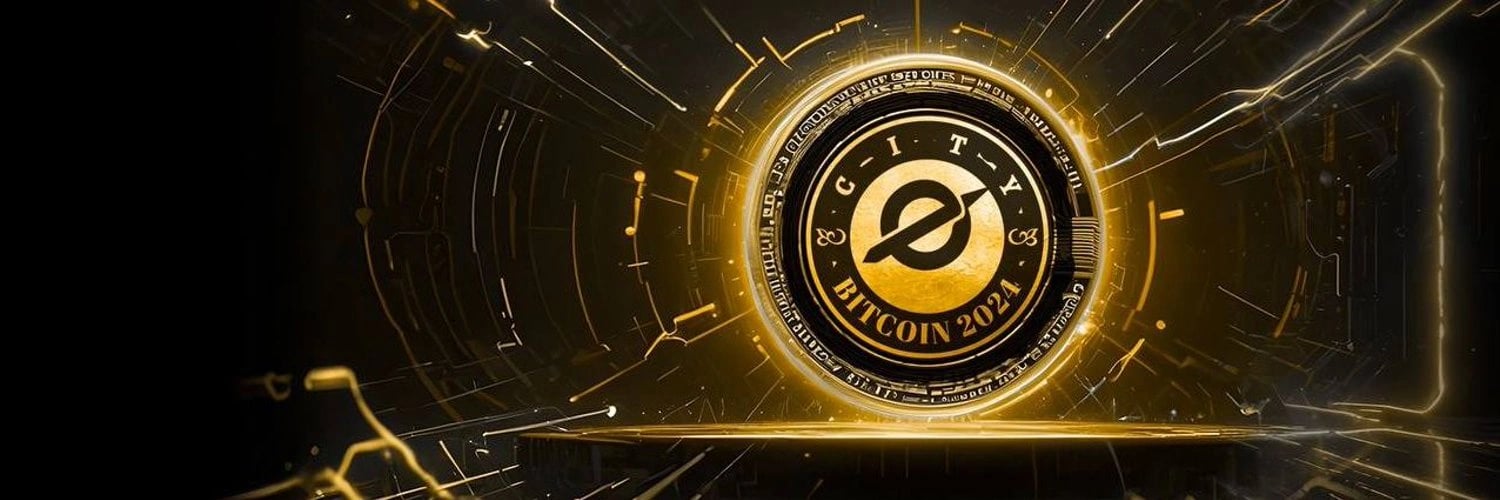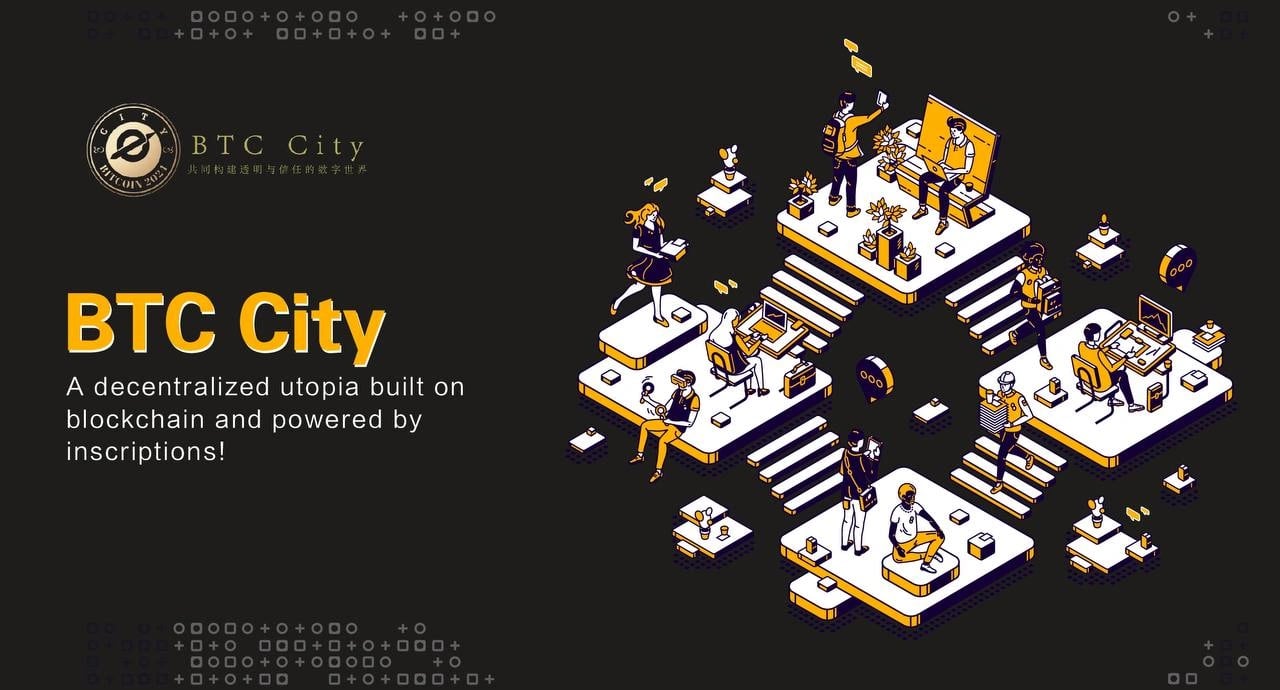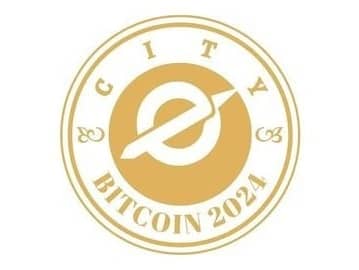위키 구독하기
Share wiki
Bookmark
BTC City
0%
BTC City
BTC City는 도시 개발 및 서비스를 지원하기 위해 비트코인의 보안 및 분산화를 활용하는 것을 목표로 하는 분산형 디지털 생태계입니다. [1] [2]

개요
BTC City는 자율적이고 투명한 도시 환경을 개발하기 위해 비트코인 기술과 블록체인 개념을 통합하는 것을 목표로 하는 분산형 디지털 생태계입니다. 디지털 거주자와 기업 간의 안전하고 효율적인 상호 작용을 지원하기 위해 비문 기술, DAO 거버넌스, SRC20 프로토콜 및 UTXO 모델을 활용합니다.
BTC City는 암호화된 자산의 사용을 장려하고, 도시 관리를 개선하며, 분산형 프레임워크를 통해 삶의 질을 향상시키고자 합니다. 비트코인은 커뮤니티 내에서 거래를 활성화하고 공유 거버넌스 및 서비스를 촉진하는 핵심 구성 요소로 사용됩니다. [1] [2]
비트코인 센터
싱가포르 비트코인 센터
싱가포르의 비트코인 센터는 주요 금융 및 기술 허브에 위치하고 있습니다. ATM, 거래소 및 블록체인 R&D 센터를 포함한 비트코인 거래 시설을 제공하는 것을 목표로 합니다. 싱가포르 정부의 지원을 받아 글로벌 금융 기관 및 기술 회사와 협력하여 비트코인 생태계 개발에 기여하고자 합니다. [2]
스위스 추크 비트코인 칸톤
스위스 추크의 비트코인 센터는 저명한 금융 및 블록체인 허브에 위치하고 있습니다. 추크는 개발된 금융, 법률 및 기술 인프라의 지원을 받아 비트코인 회사에 유리한 규제 환경과 세금 혜택을 제공하는 것을 목표로 합니다. [2]
미국 오스틴 비트코인 시티
미국 텍사스 오스틴에 위치한 오스틴 비트코인 시티는 비트코인 및 블록체인 기술 연구 개발을 지원하는 것을 목표로 합니다. 혁신적인 회사를 유치하고, 비트코인 커뮤니티 협업을 위한 플랫폼을 제공하며, 비트코인 생태계 성장을 지원하기 위해 벤처 캐피털을 유치합니다. [2]

아키텍처
SRC20 프로토콜
SRC20 프로토콜은 비트코인 블록체인에서 디지털 자산의 발행 및 거래를 가능하게 하는 것을 목표로 합니다. 디지털 자산 거래를 자동화하기 위해 스마트 계약의 생성 및 실행을 용이하게 합니다. 이 프로토콜은 비트코인 네트워크와 호환되도록 설계되어 디지털 자산의 관리 및 통합을 지원합니다. [2]
UTXO 모델
BTC City에서 채택한 UTXO 모델은 비트코인과 같은 암호화폐에서 미사용 트랜잭션 출력을 추적하는 데 사용됩니다. 이 모델은 트랜잭션 데이터를 블록체인에 저장하여 안전하고 추적 가능하며 변조에 강하도록 유지합니다. 트랜잭션의 진위 여부를 확인하는 데 도움이 되어 시스템의 보안에 기여합니다. [2]
Base64 인코딩
BTC City는 Base64 인코딩을 사용하여 이진 데이터를 ASCII 문자열로 변환하여 트랜잭션 및 토큰을 고유하게 식별할 수 있도록 합니다. 이 인코딩 방법은 데이터 전송 및 저장의 보안을 개선하여 변조 또는 위조의 위험을 줄이는 것을 목표로 합니다. 또한 시스템 내에서 트랜잭션 추적 및 관리를 지원합니다. [2]
토큰노믹스
BTC City 토큰
BTC City는 21억 개의 고정 토큰 공급량을 가지고 있으며, 예약된 할당, 중앙 집중식 제어 또는 추가 발행 없이 완전한 분산화를 목표로 합니다.
할당
BTC City의 토큰 할당은 분산형 거버넌스 및 생태계 개발을 지원하는 것을 목표로 합니다.
- 60% 커뮤니티 자율성: 커뮤니티 주도 민팅 및 거버넌스를 위한 것으로, 생태계 권한에 대한 액세스를 제공합니다.
- 30% 커뮤니티 관리: 시장 가치 관리 및 인프라 개발을 위해 지정되었습니다.
- 10% 커뮤니티 에어드랍: 생태계에 대한 초기 기여자에게 보상하기 위해 설정되었습니다. [2]
잘못된 내용이 있나요?
